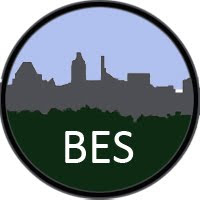How Does a Long-Term Study Adjust Its Framework while Preserving Data Integrity?
Long-term ecological research is faced with seemingly contradictory constraints: It must maintain a consistent stream of rigorously comparable data over time while at the same time responding to conceptual and […]


